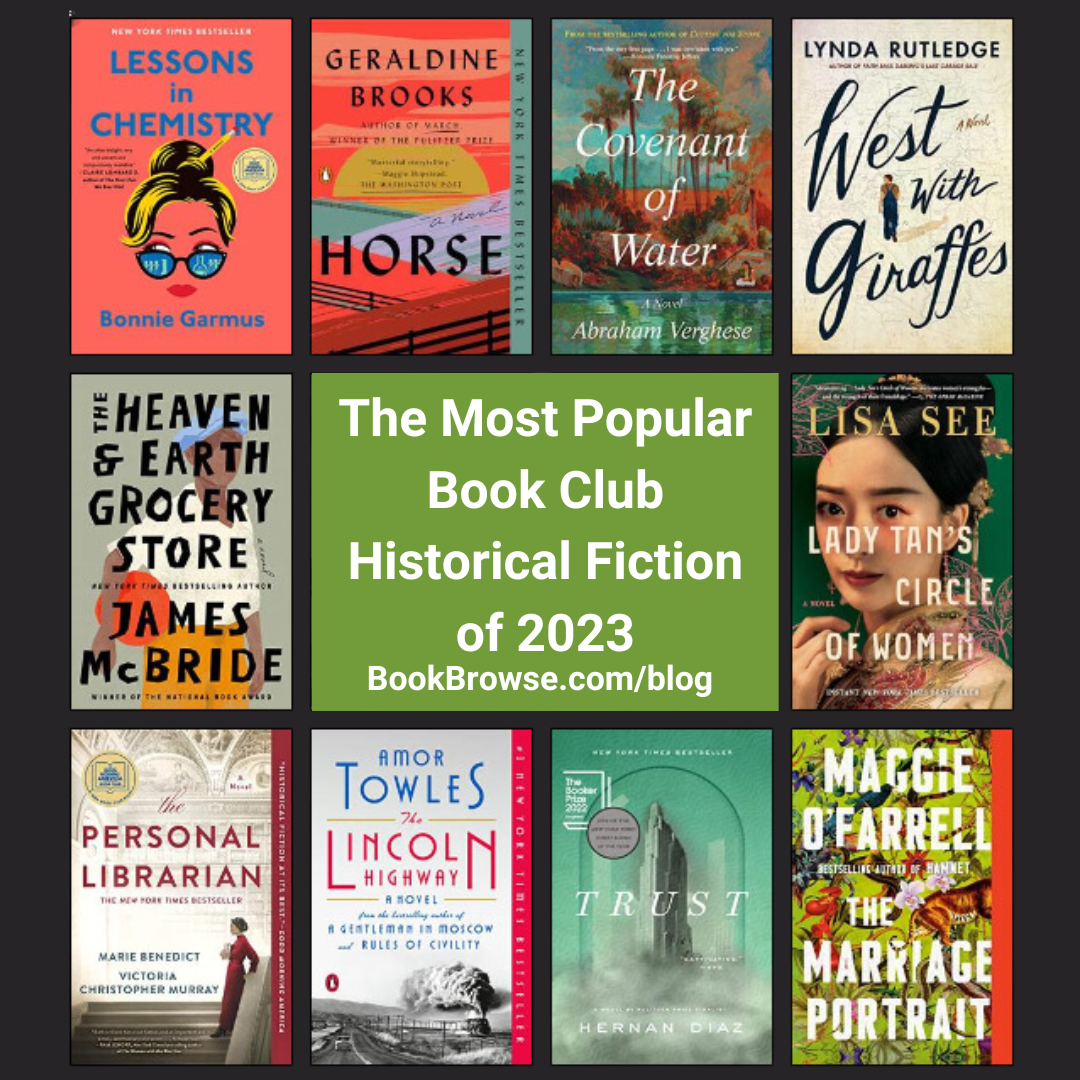The Ultimate Guide to the Best Non Fiction Book 2023
The Ultimate Guide to the Best Non Fiction Book 2023
Blog Article
Check Out the World of Facts: Just How Non-Fiction Books Make Checking Out an Engaging Experience
Non-fiction publications provide a distinct entrance to the globe of realities, changing the act of engaging with message right into a compelling exploration of tangible truths and authentic narratives. Whether exploring the midsts of historic enigmas or the center of scientific technology, non-fiction challenges the intellect and broadens the perspectives of understanding.
The Power of True Stories
While fiction captivates the creative imagination, true tales have a special power in their capability to resonate on a deeper, more personal level with viewers. The credibility of non-fiction narratives allows people to link with the experiences, obstacles, and accomplishments of genuine individuals, promoting an extensive feeling of empathy and understanding. This link is unparalleled, as it connects the space in between the viewers and the topic, producing a shared human experience that transcends the web pages of a publication.
Non-fiction publications can illuminate diverse point of views and societies, using insights that might or else remain unexplored. They supply a system for voices that could be marginalized or overlooked, thus advertising inclusivity and broadening the viewers's worldview. By offering accurate accounts, these tales have the prospective to enlighten and inspire, stimulating essential thinking and motivating educated conversations on a variety of subjects.
In addition, the power of true tales hinges on their capacity to influence modification. Recording real events and individual journeys can increase awareness and drive activity on social, political, or ecological issues. This transformative possible highlights the relevance of non-fiction literary works as a tool for campaigning for and modification in a progressively complex world.
Unveiling Historic Mysteries
History's enigmatic appeal astounds visitors as they dive into non-fiction publications that unveil historical mysteries. Non-fiction writers, armed with a wealth of records, artefacts, and eyewitness accounts, reconstruct occasions that intrigue and mystify.
Publications like "The Lost City of Z" by David Grann and "The Guy Who Loved China" by Simon Winchester exhibit the style's capability to change dirty archives into fascinating tales of expedition and exploration. Grann's work untangles the mystery of British traveler Percy Fawcett's loss in the Amazon, while Winchester brightens the eccentric life of Joseph Needham, whose passion for old Chinese science improved historical stories.
Such publications not just please the interest of viewers but also urge essential thinking, testing them to question accepted historic narratives. By revealing realities hidden underneath time's layers, non-fiction publications on historic secrets enhance our understanding of the world, fostering a much deeper admiration for the past's complex tapestry.
Science Beyond the Lab

In areas like environmental science, non-fiction functions discover the interconnectedness of all-natural systems, outlining phenomena such as environment modification and biodiversity in means that are appealing and available. Authors like Rachel Carson and Elizabeth Kolbert have actually made considerable contributions, translating complex scientific data into narratives that reverberate with the general public mind. Publications on technology and technology, like those by Walter Isaacson, reveal the scientific underpinnings of technical improvements and their societal effects, linking the space in between abstract concept and concrete fact.
Personal Growth Via Reality

Non-fiction jobs, such as memoirs, self-help, and bios, supply extensive lessons in durability, self-awareness, and compassion. They motivate readers to assess their very own lives, established purposeful goals, and develop strategies for conquering challenges. Self-help publications frequently present evidence-based psychological techniques for handling tension or building efficient interaction skills, equipping readers with devices for individual development.
Additionally, non-fiction literature can light up complicated social problems and influence activism. By offering factual accounts of social challenges, these jobs can motivate individuals to become enlightened and engaged people. This genre of literature not just visit this web-site grows one's understanding of collective and individual human experiences but also equips people to take workable actions toward individual change and societal payment. Via reality-based understandings, viewers are inspired to evolve and grow in significant methods.
Experience in Real-Life Narratives
Experience mesmerizes the human spirit, and real-life additional info narratives provide an engaging glance into the phenomenal experiences of individuals who have actually ventured past the borders of the average. These non-fiction accounts draw visitors into globes where guts, resilience, and human resourcefulness are examined against the background of untamed landscapes, risky journeys, and undiscovered areas. By recording true occasions, these narratives give not just enjoyment but also important insights into the victories and challenges encountered by those who risked to go after the unknown.
Real-life experience tales, such as Jon Krakauer's "Into Thin Air" or Cheryl Strayed's "Wild", act as effective testaments to human endurance and determination. They repaint vivid pictures of protagonists who confront both interior struggles and outside barriers, enabling readers to vicariously experience their emotional and physical journeys. These accounts provide credibility to the journeys, offering a plain suggestion of the formidable and uncertain nature of real-world obstacles.
Furthermore, these narratives frequently highlight the extensive connections in between people and their settings, stressing motifs of exploration, adaptation, and survival. Through their expedition of real-life adventures, visitors are inspired to review their own lives, cultivating a deeper gratitude for the spirit of exploration and the strength of the human condition.
Verdict
Non-fiction literature serves as a powerful avenue for engaging with the globe through the lens of factual narratives. Eventually, non-fiction publications commemorate human strength and promote intellectual curiosity.
Non-fiction books provide an unique portal to the globe of truths, changing the act of involving with text right into a compelling exploration of authentic narratives and concrete realities.Background's enigmatic attraction captivates readers as they dig right into non-fiction books that reveal historical secrets. From the complexities of environments to the subtleties of human actions, science in non-fiction transcends the stereotyped image of white layers and microscopic lens, supplying viewers a broader appreciation of its applications.
By involving with non-fiction, readers can encounter diverse viewpoints and concepts, cultivating psychological intelligence and vital thinking skills.

Report this page